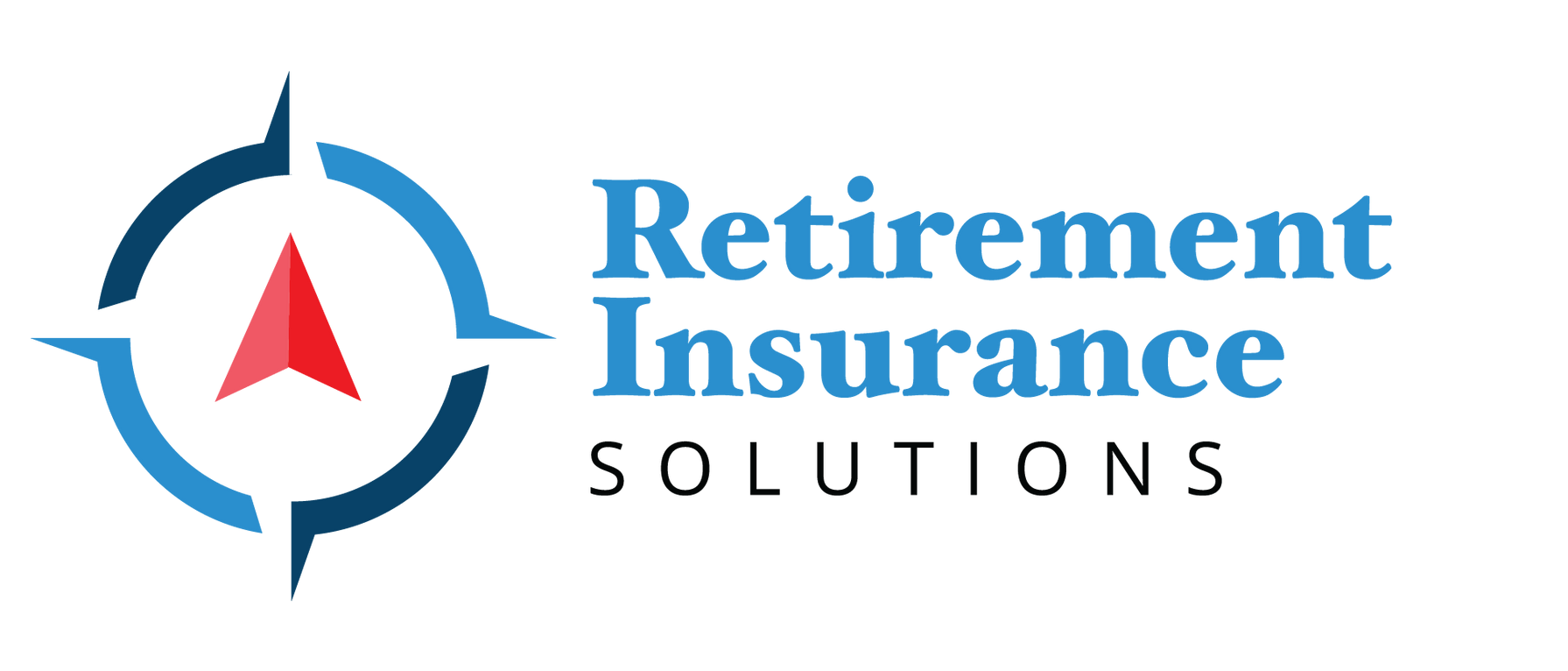Understanding the Medicare Reimbursement Process
Ed Henrich
Medicare reimbursement often leaves beneficiaries feeling confused and frustrated. Understanding how to reclaim money spent on eligible medical expenses is crucial, and this blog aims to guide you through the reimbursement system with clear and practical advice.
What is Medicare Reimbursement?
Medicare reimbursement allows beneficiaries to recoup some of the costs for approved healthcare services and medications. This is particularly important for beneficiaries who have had to pay the full amount for services upfront, rather than their specified share. Knowing how to navigate this system means you can reclaim eligible expenses and alleviate financial stress.
Claiming Your Medicare Reimbursement
Original Medicare (Part A & Part B)
If you're using Original Medicare, you might need to submit a reimbursement claim yourself, especially if the provider doesn't bill Medicare directly. To do this, you'll need Form CMS-1490S, an itemized bill from your provider, and a letter explaining why you're requesting reimbursement. This documentation helps ensure your claim is processed accurately and promptly.
Medicare Advantage (Part C)
When using a Medicare Advantage plan, claiming reimbursements can be different, especially for expenses incurred outside the network. Contact your insurance provider for the appropriate forms and procedures. They can guide you on how to submit your reimbursement claim correctly.
Medicare Part D (Prescription Drug Plan)
Claiming reimbursement for prescription drugs under Medicare Part D involves submitting a coverage determination request to your Part D sponsor. This is particularly necessary when using out-of-network pharmacies or if there has been an error in billing. Ensure you follow the specific procedures laid out by your Part D plan to avoid delays.
Although the Medicare reimbursement process may seem daunting, it's entirely manageable with the right information. Reclaiming your eligible healthcare expenses can significantly alleviate financial stress, so don't overlook potential reimbursements. Proactively gather necessary paperwork and consult your Medicare plan administrator or a healthcare advisor to clarify your specific situation. By doing so, you can navigate the system effectively and ensure you're not leaving money on the table.



